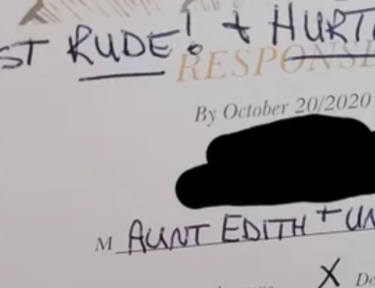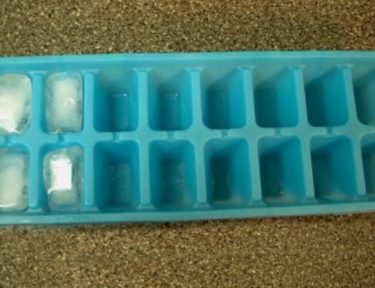What Everyone Needs to Know about the General Mills Flour Recall
Planning on baking or frying anything anytime soon? Stop what you’re doing and go check the flour you’re using. Is it Gold Medal, Signature Kitchens, or another General Mills brand? Then you don’t want to panic, but you SHOULD be cautious. As CNBC reports, that flour may have been recalled— because there might be E. coli in it.
Note the “might” there. While General Mills is recalling about 10 million pounds of flour, they’re doing so voluntarily in response to reports of 38 cases of E.-coli-related illnesses across 20 states between December 21, 2015 and May 3, 2016. In those cases, about half of the individuals reported eating homemade foods that involved flour before they got sick, and in some of those cases, the flour was found to be a General Mills product. No E. coli – including the E. coli O121 strain linked to these illnesses – has been found in General Mills facilities or the flour they had available to test.
General Mills elaborates and explains:
Based on the information that has been shared with General Mills, some of the ill consumers may have also consumed raw dough or batter. Consumers are reminded to not consume any raw products made with flour. Flour is an ingredient that comes from milling wheat, something grown outdoors that carries with it risks of bacteria which are rendered harmless by baking, frying or boiling. Consumers are reminded to wash their hands, work surfaces, and utensils thoroughly after contact with raw dough products or flour, and to never eat raw dough or batter.
“As a leading provider of flour for 150 years, we felt it was important to not only recall the product and replace it for consumers if there was any doubt, but also to take this opportunity to remind our consumers how to safely handle flour,” said Liz Nordlie, president of General Mills Baking division.
Although most strains of E. coli are harmless, others can make you sick. E. coli O121 is a potentially deadly bacterium that can cause bloody diarrhea and dehydration. Seniors, the very young, and persons with compromised immune systems are the most susceptible to foodborne illness.
So what to do if you’re concerned? Check the list on the General Mills site of potentially-infected, recalled products to see if you have any. Make sure you’re always cooking your food correctly and thoroughly, and contact your doctor if you feel ill or have health concerns. Most importantly, stay calm! This recall seems to be a case of “Better safe than sorry!” and that’s something we can all get behind.
If you’d like more information, check out the General Mills press release, and these reports from CNN and CNBC.




